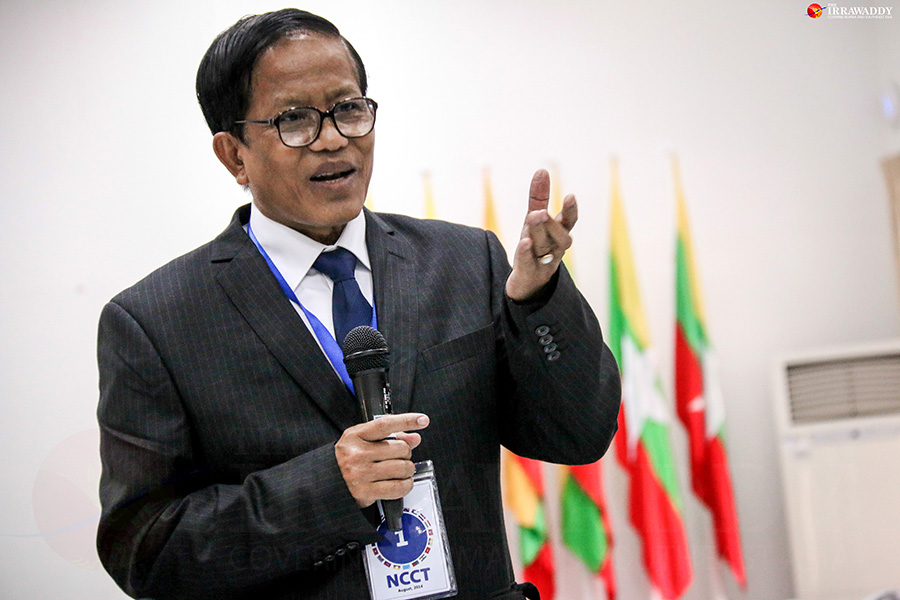
Nai Hong Sar
Chairman of the United Nationalities Federal Council
“[Gen. Aung San] persuaded the ethnicities to fight together to free ourselves from the yoke of the British and the Japanese, with a promise that there would be equal rights like brothers after the country regained independence. But it did not happen.
In fact, Gen. Aung San was quite broad-minded. He made a lot of promises to the ethnicities and intended to build a true [federal state] with equality. But the leaders who came to power after his death did not act righteously, and civil war continues today. None of the citizens have enjoyed true independence or the benefits of independence, which is disheartening. Because of the incorrect attitude of those leaders, our country is in poverty and still embroiled in civil war. And a lot of people are facing difficulties. Only a handful of those in power enjoy independence. It is a situation I must criticize. The independence we got is freedom from foreign control. But as the ruling elite exercised dictatorship and racial chauvinism, the ethnicities have lost their rights and the people are also denied their fundamental rights.
What we should expect is a 21st century Panglong Union Peace Conference held with the intention of national reconciliation and to bring an end to the civil war. All the concerned armed groups should participate in it so that the conference will be meaningful and the other side will have no doubts.
Again, it is important that every leader attending the conference strives with the right attitude for a democracy that is suitable for our country, and ethnic equality and a federal union with self-determination. Unless and until this is achieved, independence will remain a sham.”
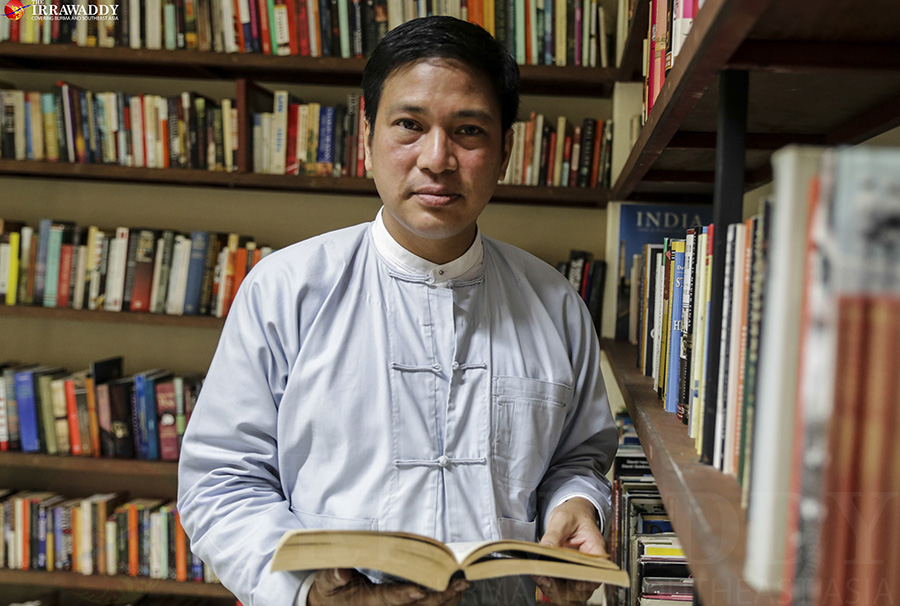
U Thant Myint-U
Historian
“British colonialism was a disaster for Myanmar. It’s important to remember that colonial rule not only destroyed local forms of government, but also violently overturned social economic and moral structures that had developed over centuries, especially in the Irrawaddy Valley. Colonialism introduced a far more extractive state, focused almost entirely on maximising the export of primary commodities to global markets. The modern state in Myanmar was born as a colonial occupation, with an imported bureaucracy, backed by military power. Of course Myanmar in the 1930s was far more developed than Myanmar in the 1880s. But a Myanmar that had stayed independent, like Siam or Japan, may have been richer still. Colonialism gave birth to ethnic-based nationalism and new racial attitudes connected to mammoth and unregulated Indian immigration. And in the end, colonialism did not even protect the country. When the Japanese invaded in 1941, British rule collapsed like a house of cards. Burma was destroyed twice over as part of someone else’s war. And when Burma finally became independent in 1948, the country was in ruins, politically as well as economically. The stage was set for 70 years of internal armed conflict, dictatorship, and self-imposed isolation. This 70th anniversary is a good time to reflect on the colonial legacies and mindsets that are still everywhere in Myanmar and begin to move skilfully in a genuinely post-colonial direction.”
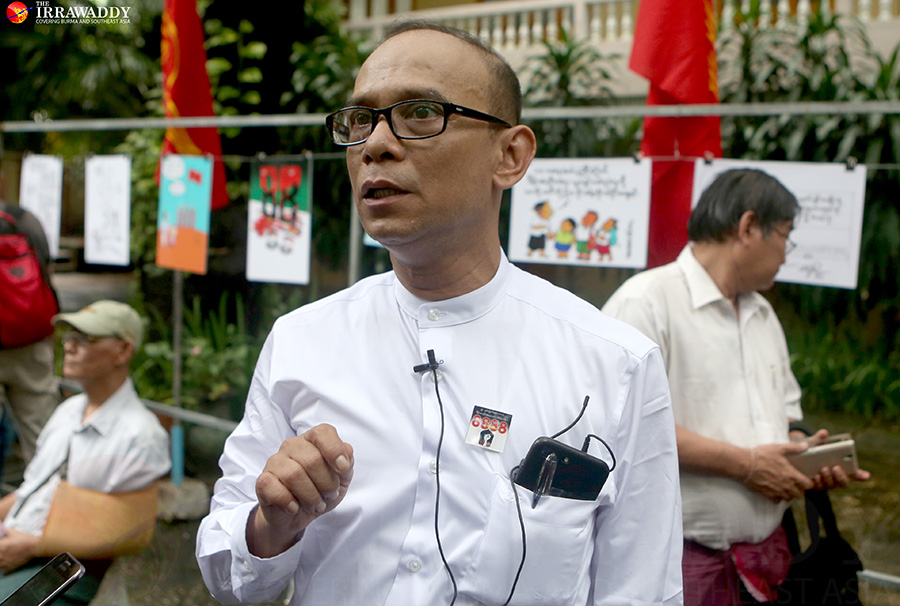
U Mya Aye
Leading member of the Federal Democratic Force and former student leader
“It has been 70 years since Myanmar gained independence. We have seen no development though; all we have seen is problems, fighting and arguments between different sides, and civil war. So, on the 70th anniversary of Independence Day, we must focus on the peace process. There will be different perspectives on it. But I think it is important to create a harmonious society and establish a federal Union as part of the peace process. I would like to urge all groups to join hands to make this happen.
I was born around 30 years after independence. But I have not yet enjoyed the true freedom, dignity and pride of a citizen of an independent country in the international community. So, this is the time for people in their 30s and 40s to try with all their might and love for the country in anticipation of genuine freedom. This is the time for them to work hard by avoiding waste, speaking out, and improving themselves as necessary, as well as encouraging others to improve.”
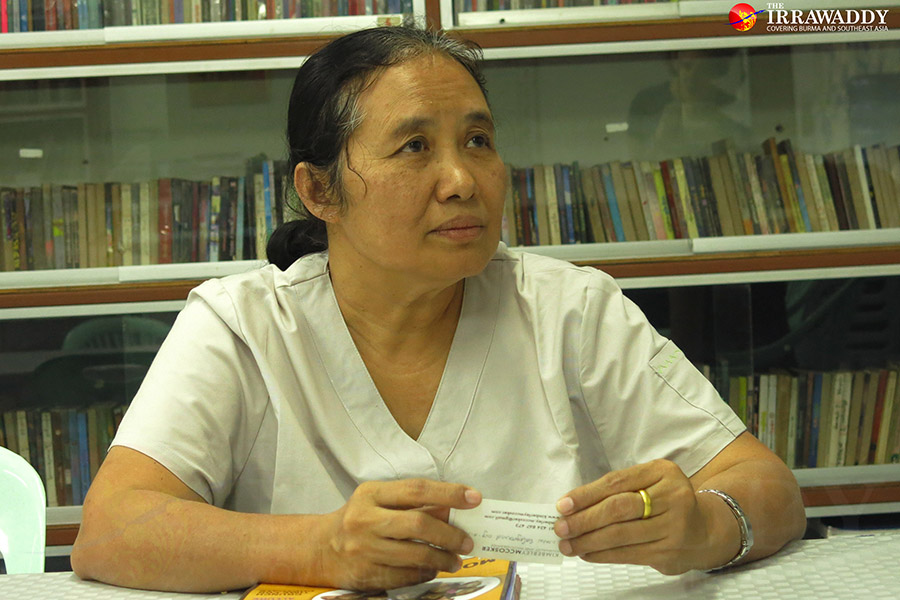
Dr. Cynthia Maung
Founder of the Mae Tao Clinic
“Independence was collectively achieved by Myanmar’s various ethnic groups for the causes of equality and democracy. Ethnic equality is directly related to peace. At the same time, equality is the essence of independence in rebuilding the state. As the country has been under military control for many years, those rights have never been asserted. It is important to make all understand this point in ensuring a switch from military control to civil administration and ethnic equality and fundamental human rights under this government. It is also important to take a cue from Asian countries, especially neighboring countries, in implementing reforms. Federal democracy can’t be built by a single party or organization, but calls for a collaborative effort by all. I hope that the entire nation will join hands to build a peaceful and secure environment.”
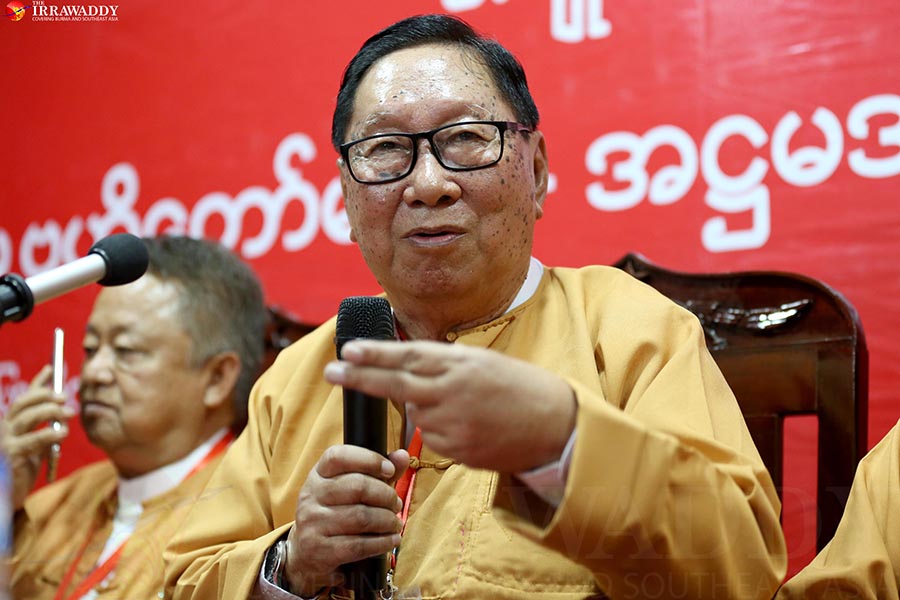
U Nyan Win
Member of the National League for Democracy’s Central Executive Committee
“It has been 70 years now. Previous leaders tried to stop the civil clashes that were born with independence. Our ambition is to ensure peace of mind and liberty for all people. Frankly speaking, we do not yet enjoy full freedom, though there has been some progress. People do not yet enjoy full independence. And much remains to be done for this to happen. We will try to achieve internal peace as soon as possible. But I don’t want to make a wild guess about when we will get it. It is the responsibility of all to try.”
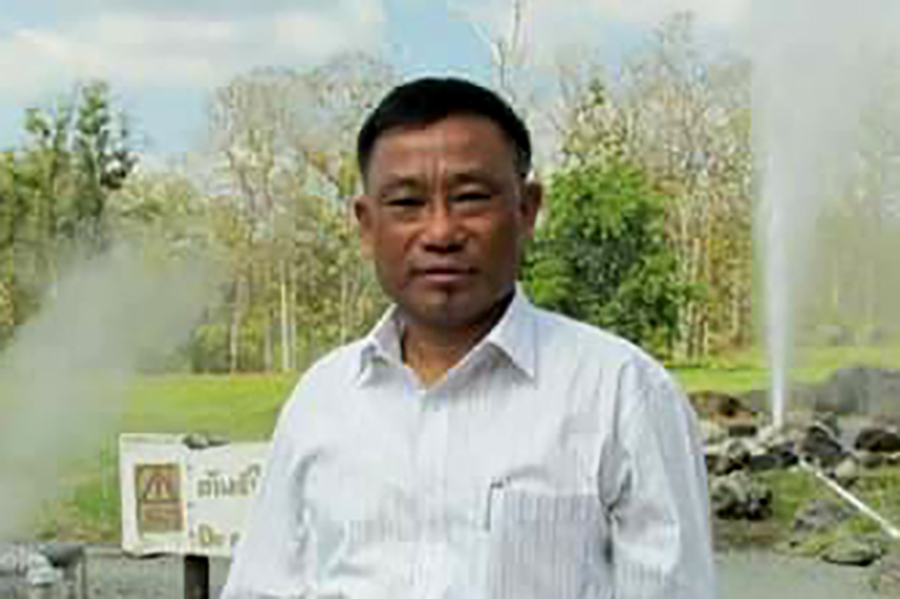
Col. Naw Bu
Information officer of the Kachin Independence Army
“As a Myanmar citizen, I would say that Independence Day is about all national people claiming independence from the British. But once independence was regained, we ethnicities were discriminated against, not by Bamars but by military dictators. Therefore, not only the ethnicities but also the Bamar people have become a ‘being ruled’ class today. So, Independence Day has become a meaningless day to us.
Everyone needs to know that civil war has been going on since Independence Day through today. We people want independence and peace. But so far, our country has little reason to be hopeful.
And we have not yet enjoyed the fruits of peace. If independence is really for the people and country, we welcome it. But otherwise, it is meaningless to us. The military and the government should govern the country and the people with a pure heart and broad-mindedness. There is no freedom in the country because the government and Tatmadaw have weak points.”
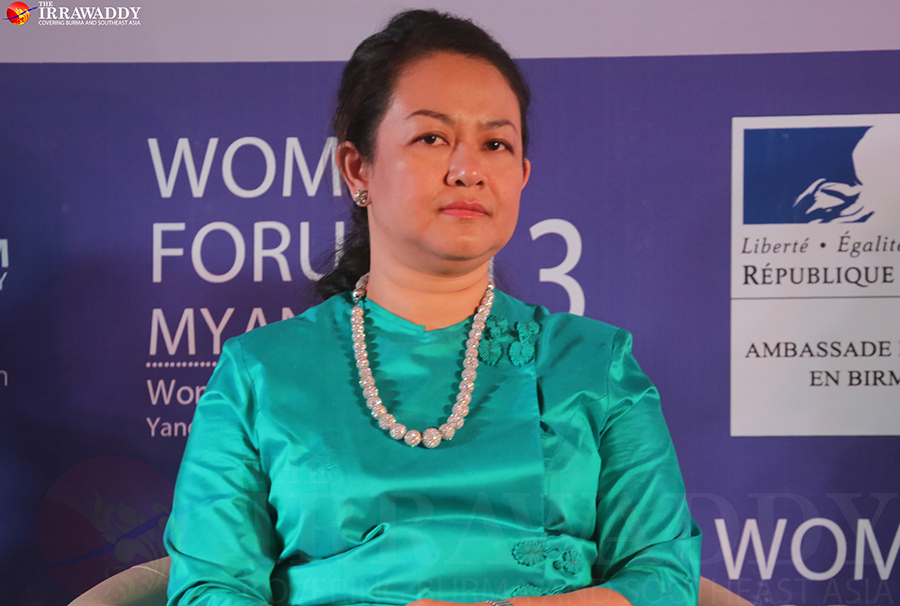
Daw Thet Thet Khaing
Member of Parliament
“I feel gratitude toward the martyrs as well as the honored and unsung heroes who sacrificed their lives and blood in the independence struggle as we celebrate the 70th anniversary of independence this year. At the same time, I feel that there is a lot of work to be done because Myanmar has not yet become a developed and prosperous country in these 70 years, despite its natural resources and human resources.
So it is crucial that we find solutions. There is a need to put the right people in the right places and seek continuous improvement in socioeconomic development, which is important for building the country. I urge everyone to do their fair share and participate in national development.
As Sitagu Sayadaw said, there are four components to building a successful society: the government, the people, the Tatmadaw [Myanmar’s military] and the Sangha [clergy]. These four groups must join hands. By Sangha, I mean not only Buddhist monks, but all concerned religious organizations. I hope they will work in unity to build a successful society.”

















